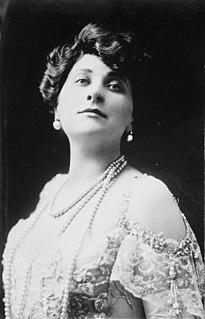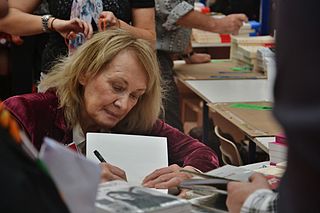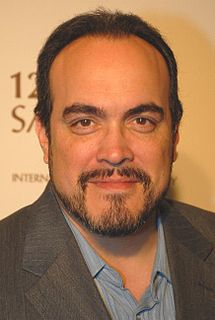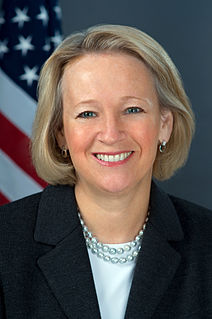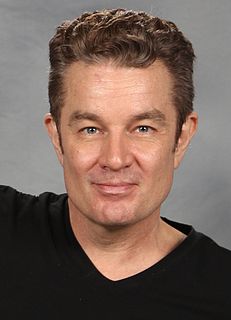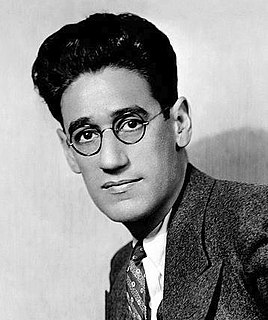A Quote by David Ogilvy
If you have all the research, all the ground rules, all the directives, all the data - it doesn't mean the ad is written. Then you've got to close the door and write something - that is the moment of truth which we all try to postpone as long as possible.
Related Quotes
If you push in every time there's a big moment, then the tenth time you push in, you're not going to get the same effect. Or if you have too many close ups, then when you have a big moment and you want a close-up in order to make a point, it doesn't mean anything because you've already been doing close-ups. It's like writing in all capitals. Then after a while that doesn't mean anything. So, just because you can do something with a camera doesn't mean you should.
In order to make a success of old age, one must begin it earlier, and not try to postpone it as long as possible. In the middle of life we must stop to think, to organize our existence with an eye to a still distant future, instead of allowing ourselves to be entirely sucked into the professional and social whirl. It is then that it is important to give place little by little to less external activities, less technical and more cultural, which will survive the moment of retirement.
Naturally I feel no shame in writing these things because of the time which separates the moment when they are written--when only I can see them--from the moment when they will be read by other people, a moment which I feel will never come. By then I could have had an accident or died; a war or a revolution could have broken out. This delay makes it possible for me to write today, in the same way I used to lie in the scorching sun for a whole day at sixteen, or make love wihout contraceptives at twenty: without thinking about the consequences
I'm not interested in playing the field and all that stuff because frankly I'm not into frivolous relationships. I've got a couple close relationships with friends, a close relationship with my family, and a close relationship with my guitar. I'll know if the right person comes along, and whatever then - cool - but it's not something I'm seeking out at the moment.
The company started in the early 90s or late 80s. We were a behavioural science company. We didn't pivot into data analytics till 2012. So, all the data that we collected pre-2012, which was done by the British company SBL group, was collected through quantitive and qualitative research on the ground.
Each time the losses and deceptions of life teach us about impermanence, they bring us closer to the truth. When you fall from a great height, there is only one possible place to land: on the ground-the ground of truth. And if you have the understanding that comes from spiritual practice, then falling is in no way a disaster, but the discovery of an inner refuge.
I think titles are tricky because they're like a really short ad for the book. And like an ad, they should open the door in a way that might be more accessible than the book itself. So I always like titles to be familiar. I'm not trying to break ground with the title itself. The title should feel like something already celebrated.
I'm not an ad-libber. If I'm asked to ad-lib, I can ad-lib forever and it's really fun to do that, but I find that well-written scripts are put together very carefully. Once you start to ad-lib and add words to sentences, there's a slacking that happens. When it's good writing, it's taut. I'm not judging people who do ad-lib.
Lawyers-they get together all day and say to each other, "What can we postpone next?" The only thing they don't postpone, of course, is their bill, which arrives regularly. You've heard about the man who got the bill from his lawyer which said, "For crossing the street to speak to you and discovering it was not you, twelve dollars."




